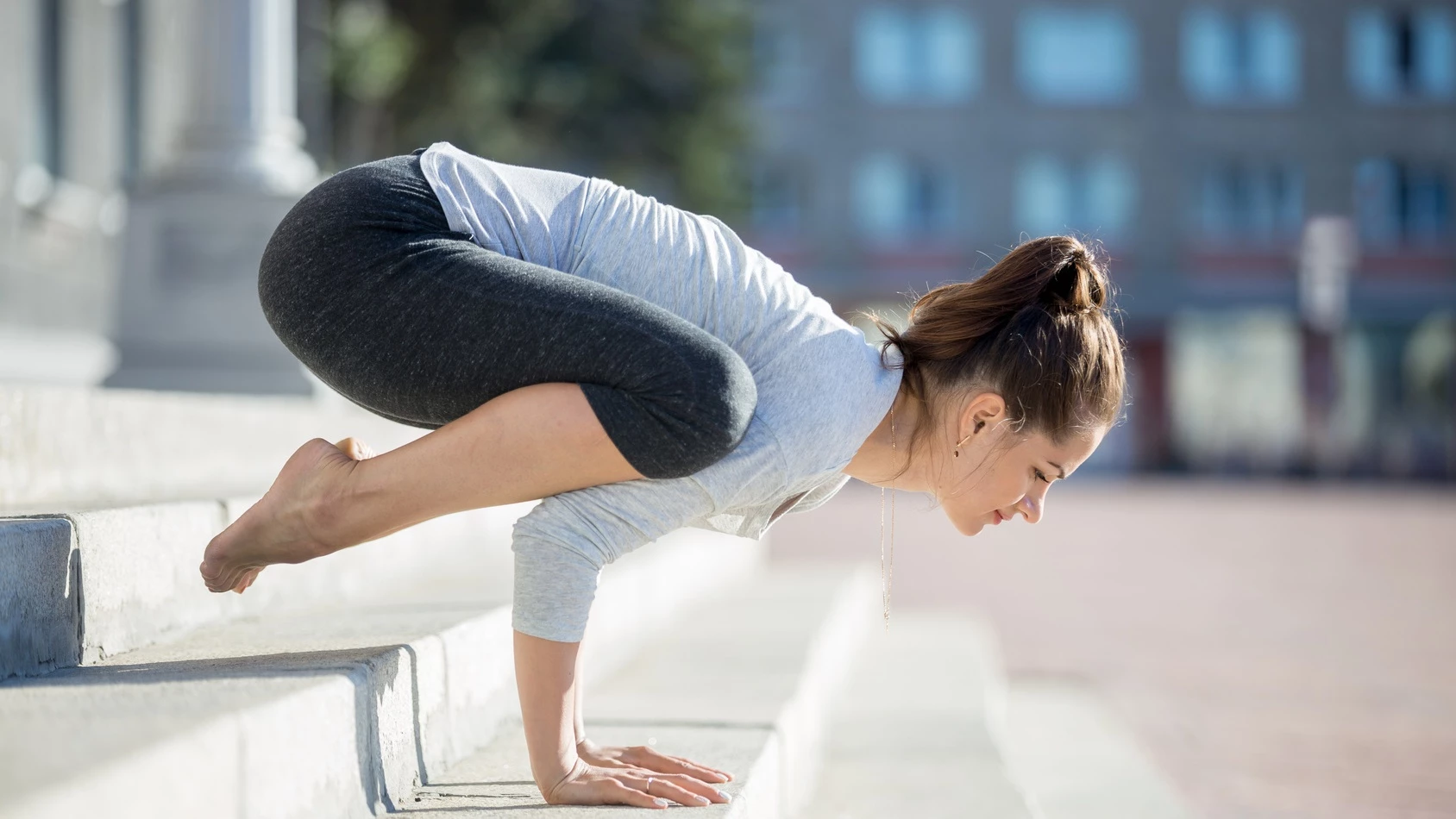Do Your Bones Affect Your Mood? The Surprising Bone-Brain Link

Does our skeleton—and bones—play a role for our health and wellbeing beyond ‘just’ holding up our body, as previously assumed?
Indeed, research now indicates that hormones produced as part of building bone mass may be central to energy usage, reproduction, and memory.
Do Our Bones Influence Our Minds?
“Do our bones influence our minds?” a recent article from The New Yorker asks. Crazy as the question sounds, the notion that our bones play a wider role in bodily functions is based on decades of research.
At the center of attention is a bone hormone named “osteocalcin.” Originally assumed to be essential for building bone mass, osteocalcin, as it turns out, may actually also affect mood and memory—along with a whole host of other previously thought of as non-“bone related” functions.
Recent research looking at mice with an osteocalcin deficiency found that those lacking the hormone displayed poor spatial memory, higher anxiety and depression, and physical issues including diabetic metabolisms, male infertility, and worse liver health.
Research on Osteocalcin Deficiency Reflects A Yogic Model of the Body
One of the leading researchers in this area is Gerard Karsenty, chair of the department of genetics and development at Columbia University Medical Center. In a study published in the journal Cell, Karsenty found that infusing previously osteocalcin-deficient mice with healthy levels of the hormone significantly improved their mood and memory function.
The research also found that the osteocalcin in bones starts talking to the brain even before birth: in pregnant mice, the scientists saw that the mother’s osteocalcin would cross the placental barrier and affect the development of her baby’s brain in-utero.
While some researchers were surprised by these findings, Karsenty points out “No organ is an island.” This fits with yogic understanding of the body, which view body and mind as an interconnected whole rather than a series of linked parts.
“I always knew that bone should help regulate the brain,” Karsenty notes, “I just didn’t know how.” And while studies have only been done on mice to-date, researcher Thomas Clemens of John Hopkins says, “I don’t know of any hormone that functions in mice, but not to some extent in humans.”
So what does this mean for us? Well, the research is still in its early stages, but we do know that as we age, our bone mass decreases. We also know that memory issues, depression, and anxiety can become more common.
Could these issues be related? It’s too early to say. However, as neuroscientist and Nobel Laureate Eric Kandel points out, ““If you ask physicians the best things to do to prevent age-related memory loss, they’ll say exercise.”
In other words, there may be a relationship between bone-strengthening exercise and the maintenance of memory and mood. Karsenty himself has suggested—tentatively—that healthier bone mass could result in better osteocalcin production.
More research needs to be done on the effects of osteocalcin in humans, but in the meantime, you have nothing to lose by engaging in healthy exercise that’s appropriate for your body. And it’s quite possible that you have more—a lot more—to gain than just bone.



